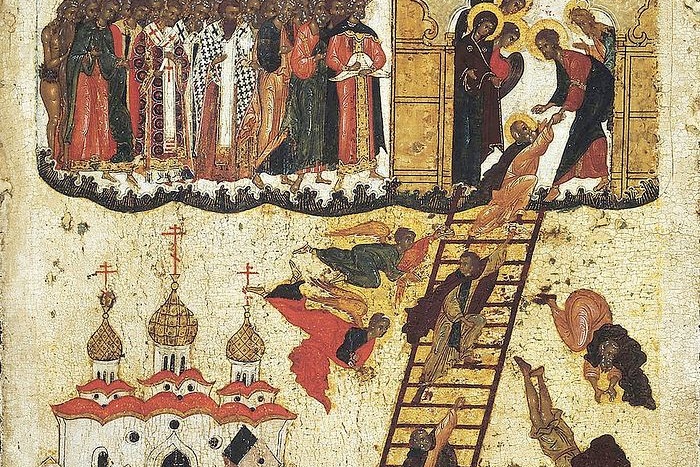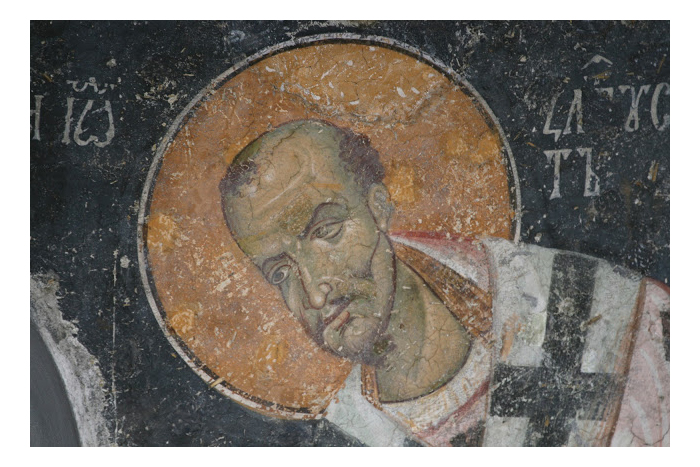
The word ‘fate’ comes from the Latin word fatum, which broadly translates as ‘God’s judgment’. Therefore, the foreordained plan of our lives, which we call fate, is in fact the fulfillment of God’s will with regard to each human being.
With that said, Orthodox theology has never supported the idea of fate as a steadfast course that we’re bound to follow. Of course, God knows everything there has ever been, everything there is, and everything there will be. There is no moment in time hidden from the Creator. However, God’s omniscience isn’t binding.
Saint John of Damascus writes, “You must be aware that God knows everything in advance but He doesn’t predestine everything.”
The Holy Fathers say that God doesn’t prescribe our actions; instead, He foreknows them. What does it mean? First of all, if there is a total predestination, there is no place for our freedom. If everything is foreordained, there isn’t anything in our lives that depends on us. If we are meant to perish, we surely will, regardless of whether we do good or bad. In other words, if our ‘fate’ is to go to hell, there is nothing we can do to avoid it. Hence, we might as well do nothing, given that it doesn’t matter if we follow God’s commandments or not, if we love God and our neighbor or not.
The Orthodox Church has always rejected this line of thinking. Human freedom is a most important principle in the relationship between man and God. Hieromartyr Irenaeus of Lyon says that freedom is the greatest gift of the Creator, and that’s why God will never intrude on human freedom.
Consequently, our fate depends solely on whether we use our freedom to serve God and people or to serve sin. Our eternal destiny doesn’t depend on an arbitrary decision or sheer luck. It depends on how we use our freedom—this great God’s gift that we received at the moment of creation.
Translated by The Catalog of Good Deeds



